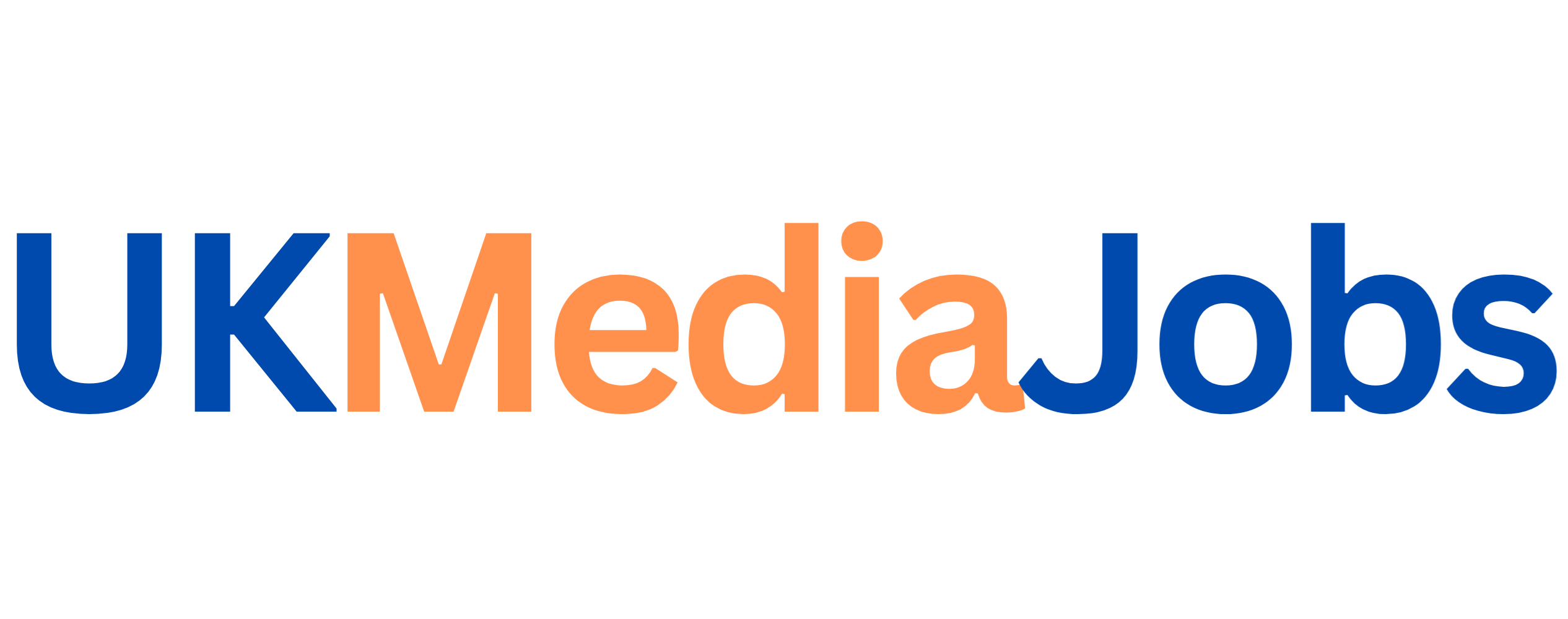Career Change Guide
Transitioning from a career in media or events can be both exciting and challenging. Whether you're looking for a fresh start or exploring new industries, this guide will help you navigate the process smoothly. Below, we outline key steps, tips, and strategies to successfully change careers.
Step 1: Assess Your Current Skills and Experience
Before making any major decisions, take time to evaluate your existing skill set and experience. Media and event professionals often have a diverse range of skills that are transferable to other fields.
- Communication Skills: Strong verbal and written communication skills are valuable in almost every industry.
- Project Management: Experience in organizing events or managing campaigns can be easily applied to roles in project management.
- Creative Thinking: Creativity is a highly sought-after skill in marketing, content creation, and design roles.
- Time Management: The ability to handle tight deadlines is useful in fast-paced industries like tech, finance, and consulting.
Step 2: Identify Potential New Career Paths
Explore industries and roles where your skills would be a good fit. Some popular career transitions for media and event professionals include:
- Marketing & PR: Utilize your communication and creative skills to promote brands, manage campaigns, or handle public relations.
- Project Management: Your experience in coordinating events can translate into overseeing projects across various industries.
- Content Creation & Digital Media: Leverage your media skills to create content for digital platforms, blogs, or social media.
- Sales & Business Development: If you’re a people person, consider roles that involve building client relationships and driving business growth.
- Corporate Training & Education: Use your presentation skills to educate and train others in a corporate setting.
Step 3: Upskill and Learn New Tools
Once you have identified potential career paths, look into any skills or certifications you might need to make the transition. Consider online courses, workshops, and self-learning to bridge any skill gaps.
- Online Learning Platforms: Websites like Coursera, Udemy, and LinkedIn Learning offer courses in various fields such as marketing, project management, and data analysis.
- Certifications: Certifications like PMP (Project Management Professional), Google Analytics, or a Digital Marketing Certificate can enhance your resume.
- Networking: Attend industry events, webinars, and workshops to meet professionals in your target field and learn about the latest trends.
Step 4: Update Your Resume and Portfolio
Tailor your resume and portfolio to highlight skills relevant to the new industry. Emphasize your transferable skills and experiences that will benefit your future employer.
- Highlight Transferable Skills: Make sure to clearly showcase skills that are valuable across industries, such as communication, leadership, and problem-solving.
- Include Relevant Projects: Even if your projects were media or event-based, focus on aspects like budgeting, client management, or team collaboration.
- LinkedIn Profile: Update your LinkedIn profile to reflect your career goals, and make sure it aligns with your new resume.

